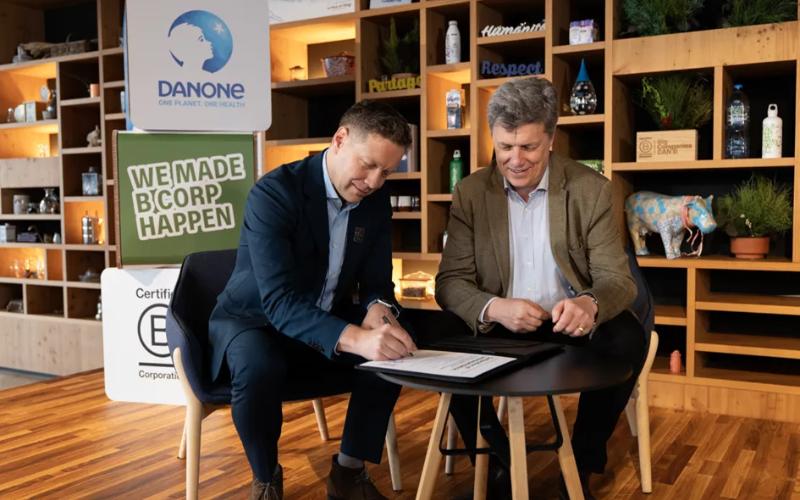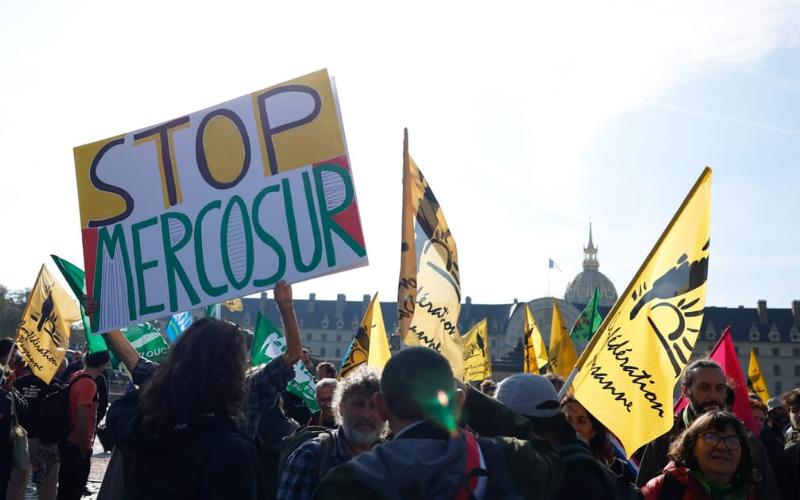Denmark: Dairy Farmers Face £75 Levy per Cow
In an unprecedented move, Denmark has introduced the world's first carbon tax on agriculture, targeting dairy farmers with an annual tax of approximately £75 per cow due to the greenhouse gases produced by the animals' digestive processes and manure. The Danish government, in a bid to address the country’s significant agricultural emissions, ratified the tax this week, with enforcement slated to begin in 2030.

Denmark, renowned for its dairy and pork exports, identifies agriculture as its predominant source of emissions, largely due to methane—a highly potent greenhouse gas released by livestock. Starting in 2030, the tax will be set at 300 krone (£35) per tonne of CO2-equivalent emissions from livestock, escalating to 750 krone (£85) by 2035. Factoring in a 60% tax relief, the effective charge will begin at 120 krone (£15) per tonne, eventually reaching 300 krone (£35).
This tax adjustment translates to an initial annual cost of around £75 per cow, potentially increasing to £190 per cow by 2035. Additionally, the Danish coalition government has committed to investing 40 billion krone (£4.5 billion) in environmental strategies such as reforestation and wetland creation, aiming to bolster the nation's climate targets.
Foreign Minister Lars Lokke Rasmussen emphasized the transformative potential of this initiative, stating, "We are poised to initiate the most significant transformation of the Danish landscape in recent times while pioneering a carbon tax on agriculture globally."
The policy, however, has not been universally welcomed. The announcement follows widespread protests by European farmers against environmental regulations, which they argue stifle agricultural productivity. The Danish farmers' organization, Bæredygtigt Landbrug, has criticized the tax as burdensome bureaucracy that could hinder green investments within the sector.
Despite these concerns, industry leaders like Peder Tuborgh, CEO of Arla Foods, Europe's largest dairy group, acknowledge the tax's potential benefits but caution against penalizing farmers who are actively reducing emissions. Kristian Hundeboll, CEO of the DLG Group, stresses the importance of aligning such taxes with broader European Union policies to maintain competitive parity and ensure that the measures benefit the climate, agriculture, and related industries effectively.
This tax adjustment translates to an initial annual cost of around £75 per cow, potentially increasing to £190 per cow by 2035. Additionally, the Danish coalition government has committed to investing 40 billion krone (£4.5 billion) in environmental strategies such as reforestation and wetland creation, aiming to bolster the nation's climate targets.
Foreign Minister Lars Lokke Rasmussen emphasized the transformative potential of this initiative, stating, "We are poised to initiate the most significant transformation of the Danish landscape in recent times while pioneering a carbon tax on agriculture globally."
The policy, however, has not been universally welcomed. The announcement follows widespread protests by European farmers against environmental regulations, which they argue stifle agricultural productivity. The Danish farmers' organization, Bæredygtigt Landbrug, has criticized the tax as burdensome bureaucracy that could hinder green investments within the sector.
Despite these concerns, industry leaders like Peder Tuborgh, CEO of Arla Foods, Europe's largest dairy group, acknowledge the tax's potential benefits but caution against penalizing farmers who are actively reducing emissions. Kristian Hundeboll, CEO of the DLG Group, stresses the importance of aligning such taxes with broader European Union policies to maintain competitive parity and ensure that the measures benefit the climate, agriculture, and related industries effectively.











